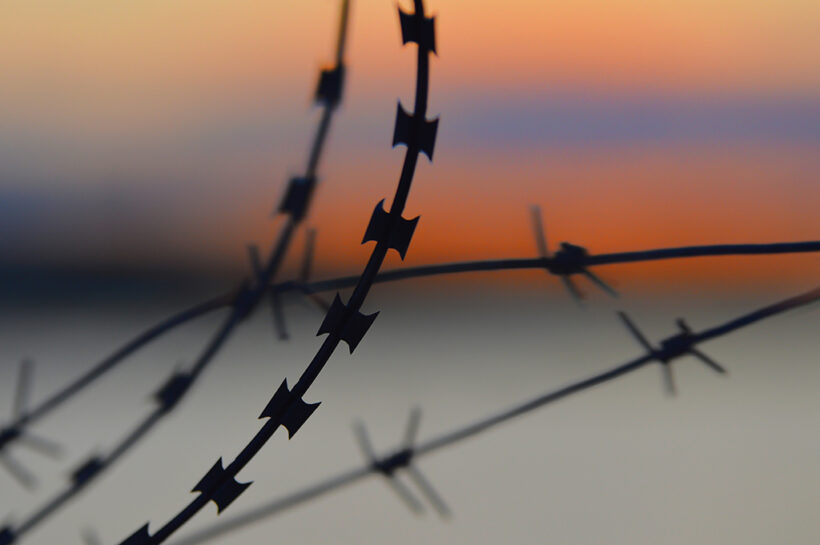When I saw the images of smoke billowing from buildings after Israel’s heavy shelling and the destruction of some Kibbutz along the line separating Israel from the Gaza Strip, I knew from the start that both sides seek to destroy each other, seek an eye for an eye in this tale of death and desolation.
A nation that builds its sovereignty behind a wall and has one of the most powerful armies in the world is obliged to protect its civilian population. Indiscriminate bombardment in an asymmetrical war and the siege of Gaza by sea, air and land will lead Israel to its suicide as a nation that wants to reach a lasting peace with the Palestinian Authority.
If Theodore Herzl, the father of Israel and Zionism, lived through the anti-Semitism of Europe against the Jews, an experience he had in Paris and Hungary, after which he defended the return and the foundation of the Jewish state in Palestine, what he did not imagine is that from 1948 until today, the Palestinian people live an eternal Nakba like that of Moses when he crossed the Red Sea in search of salvation.
Today I believe that the hope of Israel’s Hatikva hymn, the return after two thousand years in the verses of the poet Naftali Herz, is lost. Today we are closer to the lines of the Palestinian poet Mahmoud Darwish that the sky and the air are the same for all.
Palestine cannot live forever between walls and armies, settlers cannot continue to grab new land in the West Bank, making the existence of the Palestinian Authority geographically unviable.
Israel’s establishment of diplomatic relations with some Arab countries, such as Morocco, in the famous Abraham agreements to prevent the decolonisation of Western Sahara, is a decision contrary to international law and the self-determination of peoples because it recognises the illegal occupation of the Saharawi territory.
The UN and the international community must implement its resolutions in support of a sovereign Palestinian state in Gaza and the West Bank, in support of a definitive decolonisation of Western Sahara. The Moroccan wall of shame and the West Bank wall in Palestine must fall like the Berlin Wall.
Peace and human rights must be the ultimate argument against these walls. Only a humanly just solution will guarantee the survival of the civilian population and an end to this nihilistic ideology of destruction.
The Palestinians are Semites just like the Jews, so turning them into little Bantustans surrounded by colonies and kibbutz in the West Bank is also anti-Semitism of the kind that the Jews in Europe have known for many centuries.
The time has come to put an end to this planned destruction, based on religious hatred, on total annihilation, on the eradication of life and liberty.
Gaza must not be reduced to rubble, nor its millions of inhabitants expelled in a new biblical exodus. The United States, the European Union and the Arab League must seek the peace of Nelson Mandela, the nonviolence of Martin Luther King and Gandhi.
The Middle East must abandon the path of hatred and war, giving Palestine its land and its freedom.
If Chaplin, Kafka and Chomsky brought humour and the written word to the world, today Palestinians and Israelis need to find the traces of their ancestors without the discourse of hatred and xenophobia.
It is in the verses of the Palestinian poet Samih Al-Qasim where reason and beauty embrace in a land covered in pain and tears, when he says:
“Perhaps you will raise, surrounding me,
walls, walls and walls
but I will not compromise
I will resist
until the last
pulse of my veins.”
It is in that resistance for life and human dignity that this tale of hatred must end, open a space for life and honour the victims of this long conflict.
Thou shalt not kill says the Bible,
You shall respect the religion of the other
says the Koran,
You shall act with love,
says the Torah.
Thou shalt water the earth with words
and in it you shall live.






